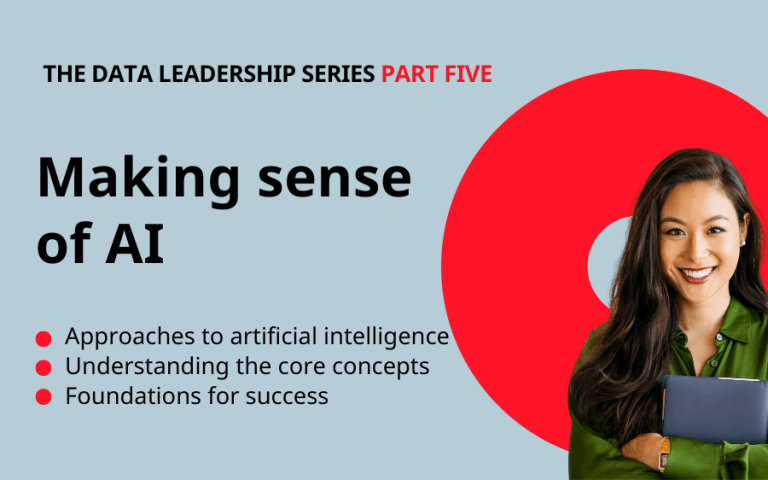The Artificial Intelligence (AI) revolution is truly underway, with its influence touching almost everyone’s lives. From social media algorithms to self-driving cars, AI is here. And the root of AI’s successes (and failures) is the data we feed into the models underpinning the AI.
As we witness AI’s capabilities grow, it’s crucial that the data fed into it is reliable, robust and performant. Think of the analogy of a house built on sand – all the building skills and materials money can buy can’t make up for a shoddy foundation. Enterprise Data Management is the foundation for successful AI implementation. If your data management has the structural integrity of sand, it doesn’t matter how impressive the AI models you choose may be. They will crumble, and with them, the business outcomes you need.
Data Management frameworks
Fortunately, there are frameworks in place to keep you standing firm. DCAM and CDMC have both been created by the EDM Council as the best practices of data management and play an integral role in preparing your data infrastructure for the application of AI.
Data Management Capability Assessment Model (DCAM)
DCAM is a data management framework that shows you how to effectively manage data. It’s exclusive to firms associated with EDM Council, like Ortecha, and provides a whole host of benefits like developing business cases with unbiased peer support, assessing your data ecosystem, and achieving best practices by leveraging the necessary EDM capabilities.
Cloud Data Management Capabilities (CDMC)
CDMC is a framework that focuses on your cloud data. This framework, consisting of 14 components, is used to expertly assess your cloud data’s security, ensure your cloud strategy is appropriate, and gain clear outcomes as you bring automation to the cloud.
The essentials for AI
Each element of both CDMC and DCAM will feed into an overall view, which tells you how strong and well-protected your foundation – your data – is at present, and therefore how sturdy your AI value use cases are expected to be.
Industries throughout the world hold enormous caches of data, all of which must be treated with increasingly sophisticated management and security measures. So, it makes sense that AI is the topic on everyone’s minds and in every boardroom. And it’s already in use in many mainstream areas – biometrics to log into online banking apps and conversational customer service bots, for example. Looking forward, we can expect it to accelerate change in the following use cases:
Finance: Lending agreements
AI powers decisions made on mortgages, loans, and credit card offerings.
Using LLM, AA and ML models, analysis considers behaviours including spending insights to provide final decisions.
Energy: Predictive maintenance
AI analyses and assesses productivity across a country-wide network of inverters.
AA and ML accurately predict when preventative maintenance should take place.
Healthcare: Diagnosis accuracy
AI is fed historical data to improve the accuracy of diagnoses.
LLM, AA and ML models are used to analyse data for patterns that could add essential insight when diagnosing patients.
Frameworks that Support AI Readiness
Before AI value use cases can be implemented, and indeed to leverage AI effectively, every aspect of your data management must be aligned to the organisational goals, data strategy and operating model. DCAM and CDMC provide essential support in your journey toward AI readiness. Data is the name of the game and without it there is no functional AI.
These frameworks are crucial in the long term, too, as while using them you can assess your own improvements against past iterations as well as industry benchmarks. Plus, the reporting features ensure you can prove the value of your data management programmes.
Data Matters if Risk Management Matters
So, your data handling is safe and sound, and you’re assured of the integrity of the data itself. Sounds nice, but why does it matter? AI absorbs information with child-like wonder – and with child-like understanding of nuance. Data is taken as is, with no considerations of historical, potentially devastating biases that could affect the outcomes of financial decisions for an entire demographic, for example.
In these instances, and indeed all including AI, following industry best practices is a must to mitigate potential problems. Each piece of the framework has been designed with real experts’ knowledge weaved into it, ensuring theoretical mistakes don’t become tangible. And DCAM is a living framework, consistently being updated and improved as the technology it supports develops exponentially.
The extreme speed and scale at which AI capabilities are growing serves one very important reminder: the AI (r)evolution is morphing before our very eyes, and so too must our response. Thankfully, human beings are still very much needed to oversee and rein in, in some cases, the models used, and the data being harvested.
Developed by experts
Ortecha is deeply involved in the EDM Council’s Best Practice program and is one of only 53 authorised DCAM partners worldwide, and one of only 24 CDMC authorised partners, so you can be sure you’re in the hands of experts that not only use these models, but understand them at a foundational, creative level.
Talk to us today to find out how data management frameworks could significantly improve the controls, governance and efficacy of your AI use cases.
contentS
- Data Management frameworks
- The essentials for AI
- Developed by experts
Webinar
We discussed this topic – and much more! – with our wonderful guest speakers in the 5th online event of our Data Leadership Series. Catch up now!



